Introduction
Discover the Best Diet for Mastiffs to ensure their health and longevity
- Learn why proper nutrition is crucial for the unique needs of Mastiff breeds
- Understand the role of balanced diets in preventing common health issues in Mastiffs
- Explore the benefits of high-quality proteins and fats in Mastiff diets
- Find out which vitamins and minerals are essential for your Mastiff’s overall well-being
- Get tips on choosing the best commercial dog food versus home-cooked meals
- Learn about feeding guidelines tailored to different Mastiff life stages and activity levels
- Discover how to adjust your Mastiff's diet to address specific health concerns
1. Understanding Mastiff Nutritional Needs
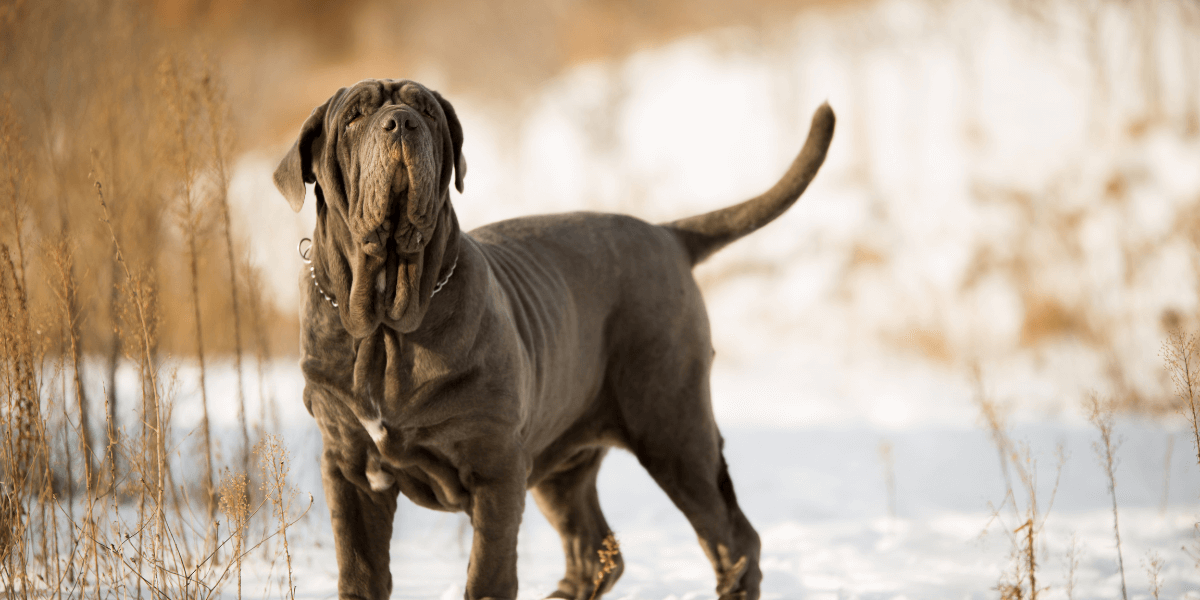
Have specific dietary requirements that differ from smaller breeds due to their size
Here’s what you need to know:
- High-Quality Protein: Essential for muscle maintenance and overall health
- Vitamins and Minerals: Ensure a mix of essential vitamins and minerals for health
- Hydration: Provide fresh water daily to maintain hydration and support digestion
- Avoid Fillers: Skip foods with fillers like corn or soy that lack nutritional value
- Balanced Fat Content: Choose foods with healthy fats like fish oil
- Controlled Carbohydrates: Opt for whole grains or vegetables
2. Choosing the Right Dog Food
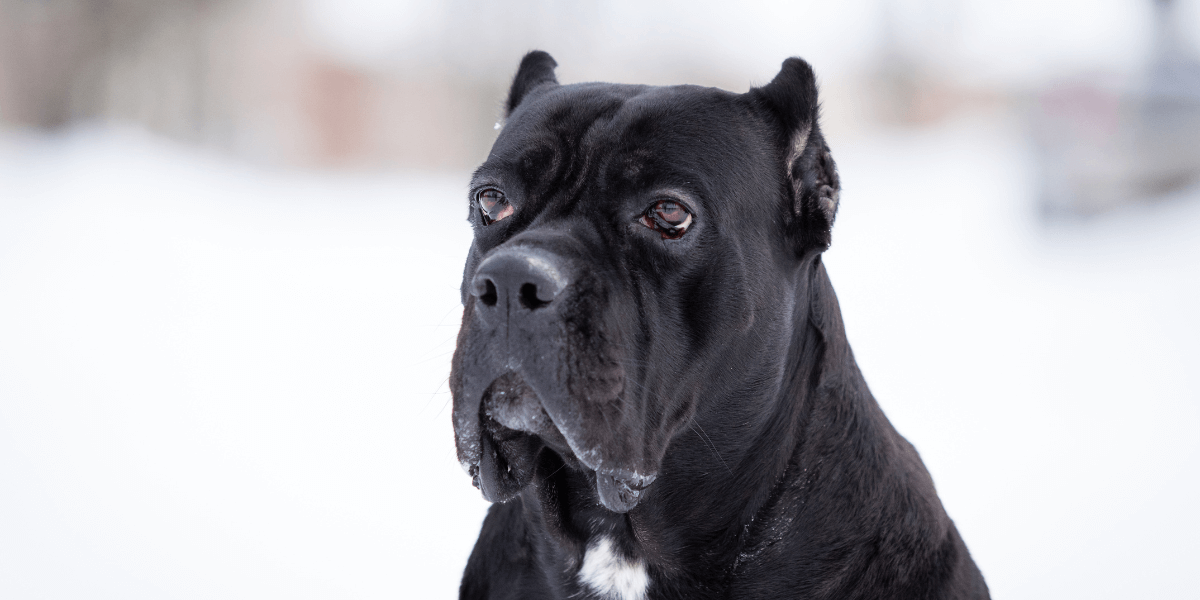
Selecting the best food for your Mastiff involves understanding their unique needs:
- Dry Kibble vs. Wet Food: Dry kibble is more convenient and helps with dental health
- Life Stage Formulas: Ensure the food is appropriate for your Mastiff’s age
- Nutritional Balance: Select foods with balanced nutrients to meet your Mastiff's specific needs
- Ingredient Quality: Look for high-quality ingredients without artificial additives or fillers
- Allergy Considerations: Choose hypoallergenic options if your Mastiff has food sensitivities
- Breed-Specific Formulas: Some brands offer food specifically designed for large breeds
3. Portion Control and Feeding Guidelines
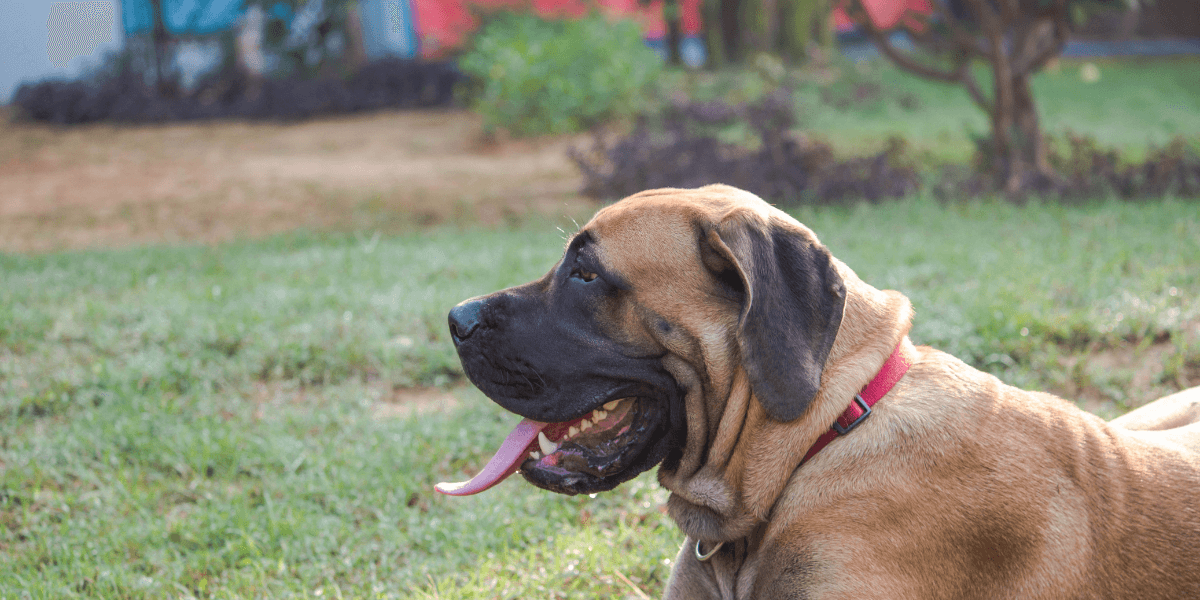
Mastiffs require careful portion control to avoid obesity
Which can lead to joint issues and other health problems:
- Feeding Frequency: Adult Mastiffs typically eat twice a day, Puppies may need three to four meals
- Portion Sizes: Follow the guidelines on the dog food packaging or consult your vet
- Meal Timing: Establish a consistent feeding schedule to aid digestion and routine
- Avoid Overfeeding: Be mindful of treats and extras that can contribute to weight gain
- Adjust for Activity Level: Increase or decrease portions based on your Mastiff’s activity level
- Monitoring Weight: Regularly check your Mastiff’s weight and adjust portions as needed
4. Special Dietary Considerations
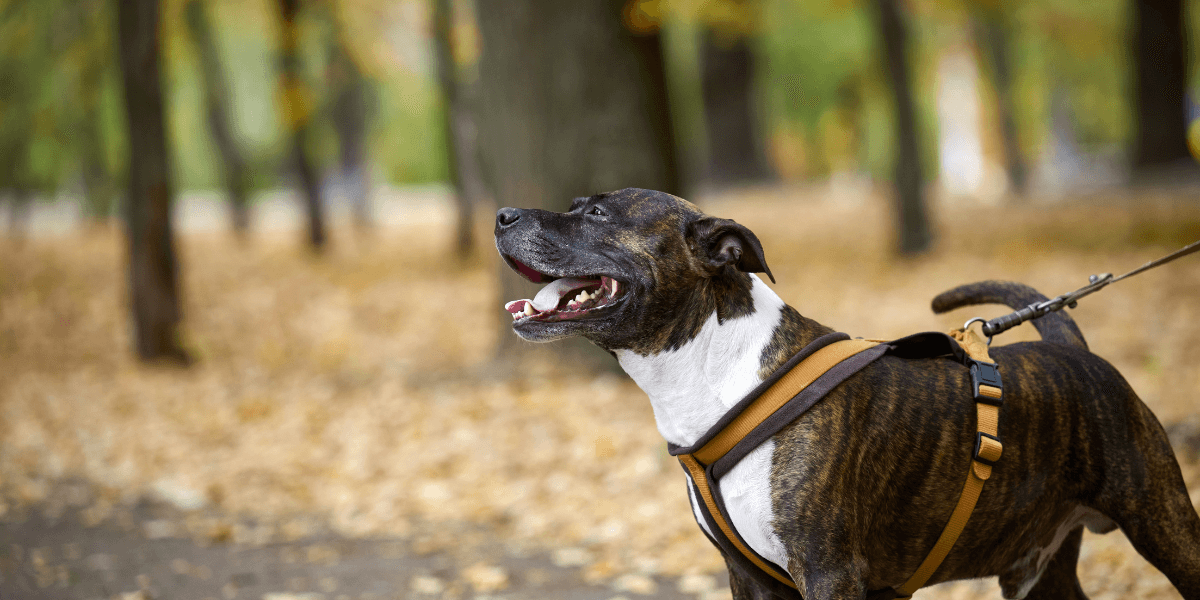
Certain health conditions or lifestyle factors may require special dietary adjustments:
- Joint Health: Look for foods with added glucosamine and chondroitin
- Digestive Health: Opt for easily digestible foods with probiotics
- Weight Management: For overweight Mastiffs, choose low-calorie
- Allergy Sensitivities: Select hypoallergenic or limited-ingredient diets for food allergies
- Skin and Coat: Foods with omega fatty acids support skin health and a shiny coat
- Senior Needs: Older Mastiffs may need diets with added joint support and lower calories
5. Homemade Diets vs. Commercial Foods
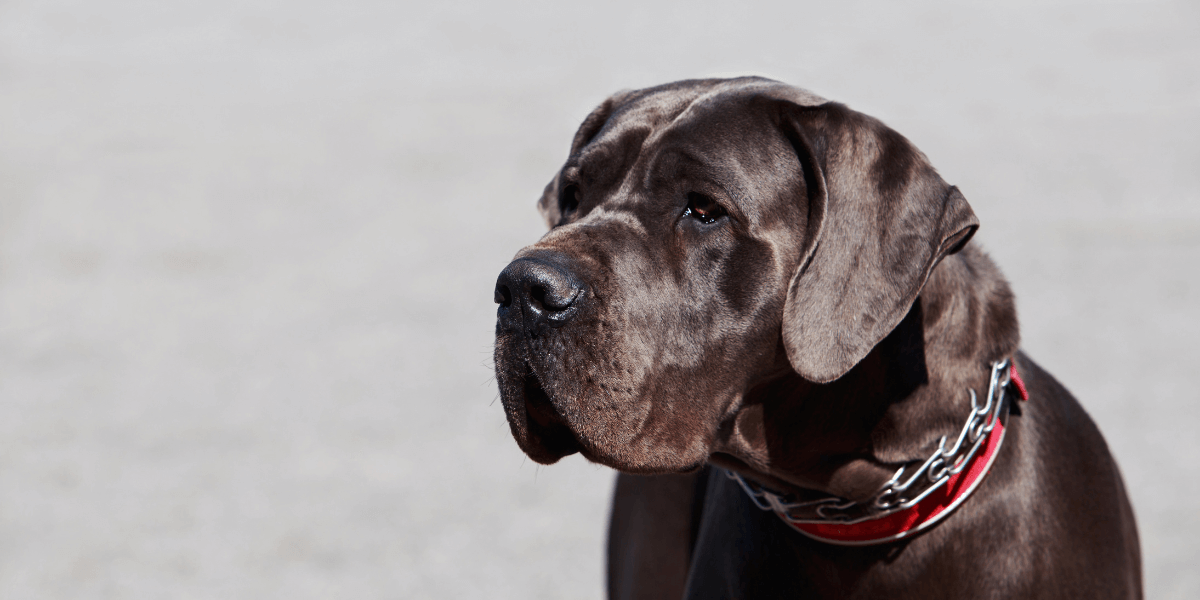
Some owners prefer homemade diets for their dogs.
But it's crucial to ensure they meet all nutritional needs:
- Balanced Recipes: Consult with a veterinary nutritionist to create balanced recipes
- Consistency: Ensure homemade meals are consistently balanced and nutritious
- Cost and Time: Homemade diets can be time-consuming and costly compared to commercial
- Quality Control: Commercial foods often have rigorous quality control, unlike homemade
- Supplementing: Homemade diets often require supplements to provide all necessary nutrients
Learn the pros and cons of homemade and commercial diets for your dog with this guide from North Bundaberg Vet Surgery.
6. Treats and Supplements
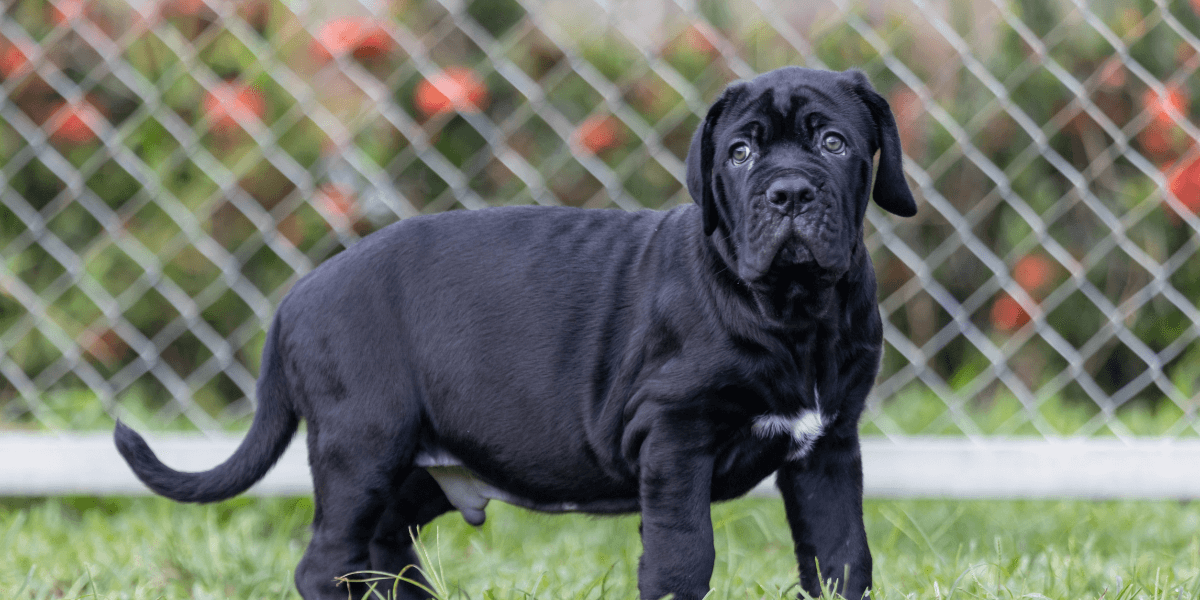
Treats and supplements can be beneficial but should be given in moderation:
- Healthy Treats: Choose treats that are low in calories and high in nutritional value
- Supplements: Omega-3 fatty acids, probiotics, and vitamins can support overall health
- Moderation: Limit treats to avoid excessive calorie intake and weight gain
- Avoid Human Foods: Stick to dog-specific treats to prevent digestive issues or allergies
- Dental Health: Select treats that also promote dental hygiene and reduce plaque
- Vet Approval: Consult your vet before adding any new supplements to ensure safety
7. Monitoring and Adjusting the Diet

Regularly assess your Mastiff’s health and adjust their diet as needed:
- Regular Vet Check-ups: Ensure that your Mastiff’s diet is meeting their needs through regular veterinary visits
- Adjust Portions: Modify portion sizes based on weight changes or activity levels
- Track Health Indicators: Monitor coat condition, stool quality, and overall health regularly
- Feedback from Your Vet: Act on your vet's advice regarding diet changes and nutritional needs
- Dietary Re-evaluation: Reassess the diet periodically to meet evolving health needs
- Observing Changes: Watch for changes in weight and energy levels to determine if dietary adjustments
Discover the perfect feeding plan for your gentle giant with our guide on Nutrition Tips.
FAQs
1. What’s the Best Diet for Mastiffs?
- Opt for high-quality protein and balanced nutrients
2. How Often Should Mastiffs Eat?
- Feed twice a day to maintain stable energy levels
3. Are Grain-Free Diets Good for Mastiffs?
- They can be beneficial if your Mastiff has grain sensitivities
4. What Foods Should Mastiffs Avoid?
- Avoid foods with fillers, excessive fat, or artificial additives
5. How Much Should I Feed My Mastiff?
- Follow the feeding guidelines based on your Mastiff’s weight and age
6. Can I Include Supplements in Their Diet?
- Yes, supplements like omega-3s can support joint health
7. What’s the Best Diet for Mastiffs to Prevent Obesity?
- Focus on controlled portions and high-quality, low-fat food options
Conclusion
- The Best Diet for Mastiffs supports their health, growth, and overall well-being
- Consistent, high-quality nutrition is key to keeping your Mastiff healthy and active
- Regular vet check-ups can help tailor the diet to your Mastiff’s specific needs
- Balance between proteins, fats, and nutrients is essential for optimal Mastiff health
- Monitor your Mastiff’s weight and adjust their diet to prevent obesity or malnutrition
- Transition to new foods gradually to avoid digestive issues and ensure a smooth change
- Stay informed about new dietary research to keep your Mastiff's diet up-to-date
If you found this guide helpful, please share it with fellow dog owners!
Leave a comment below with your thoughts or questions!
References
For more information:
- Best Diet for Mastiffs
- How much food should my Mastiff eat?
- 10 Best Diet for Mastiffs 2024 – Reviews & Top Picks
- Top Orthopedic Beds for Large Dogs with Hip Dysplasia
- Dog Hip and Joint Pain: A Comprehensive Guide
Thank you!



